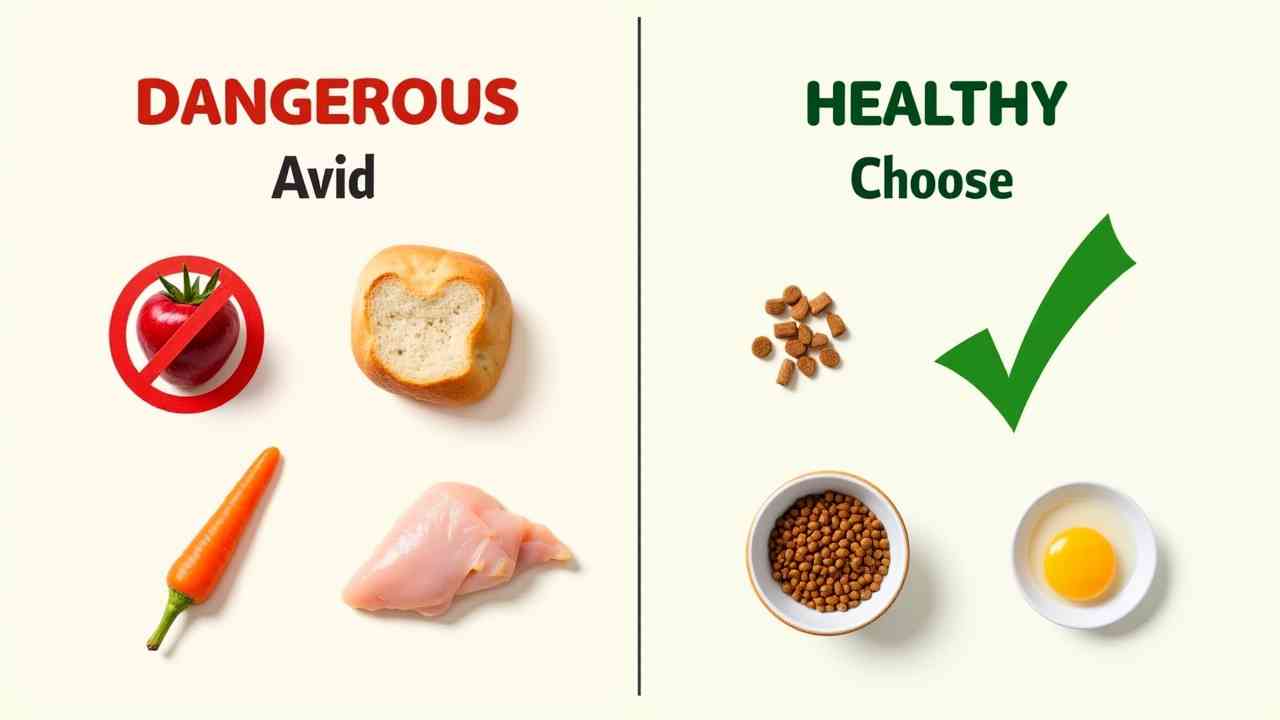
🥩 A Guide to the Ferret Diet (What to Feed Your Obligate Carnivore)
🥩 A Guide to the Ferret Diet (Feeding Your Obligate Carnivore) 🥩
Ferrets are playful, curious, and incredibly endearing pets. However, their dietary needs are very specific and often misunderstood. You cannot feed a ferret like you would a cat or a dog. A proper ferret diet is the single most important factor for their long-term health and well-being.
Understanding their unique biology is the key to feeding them correctly. This guide will explain everything you need to know about the nutritional needs of these amazing little animals. Let's explore the world of the obligate carnivore! ✅
🤔 First, What Kind of Eater is a Ferret?
The most important thing to know about the ferret diet is that they are obligate carnivores. This is a non-negotiable biological fact. It means they must eat animal-based protein and fat to survive. Their bodies are not designed to digest plant matter.
Ferrets have a very short and simple digestive tract. Food passes through their system very quickly. This means they need a diet that is very dense in the nutrients they can easily absorb: animal protein and fat. A diet high in carbohydrates or fiber can lead to serious health problems.
- What is the Foundation of a Healthy Ferret Diet?
For pet ferrets, the foundation of a healthy diet should be a high-quality, commercial ferret kibble. These foods are specifically formulated by veterinarians and nutritionists to meet the unique needs of a ferret. They provide a complete and balanced source of all the necessary vitamins and minerals.
What should you look for on the label?
- High in Animal Protein: Protein should be between 30-40%. The first few ingredients must be a named meat, like "chicken" or "lamb," not generic "meat meal."
- High in Fat: Fat content should be between 18-30%.
- Low in Fiber: Fiber should be very low, under 3%. Ferrets cannot digest fiber.
- Can Ferrets Eat Raw or Cooked Meat?
Yes! Supplementing their kibble with fresh meat is a fantastic way to provide enrichment and high-quality protein. You can offer small pieces of cooked chicken ("tavuk") or turkey. Some owners also feed a raw diet, which can include raw chicken wings or organ meats. A raw diet is a complex topic that requires extensive research to be done safely.
🚫 What Foods Are Toxic or Dangerous for Ferrets?
This is the most critical part of the ferret diet. Many common foods are indigestible or even toxic to ferrets. You must NEVER feed your ferret the following:
- Fruits and Vegetables: Ferrets cannot digest the fiber. The high sugar content in fruit is also very dangerous and is linked to a type of cancer called insulinoma.
- Grains and Sugars: This means no bread, cereal, or any sugary human treats.
- Dairy Products: Ferrets are lactose intolerant.
- Dog or Cat Food: Dog food is dangerously incomplete. Adult cat food is too low in protein and fat for a ferret's high metabolism.
- Chocolate, Xylitol, and other common pet toxins.
- What About Treats?
The best treats are simple and meat-based. A small piece of cooked chicken, a bit of scrambled egg, or a lick of salmon oil are all great choices. There are also commercial ferret treats available. Just be sure to read the ingredients and avoid any with sugar or plant matter.
As the autumn weather here in Bursa turns cooler, it is a perfect time to ensure your indoor pets are cozy and well-fed. A proper diet is the best way to keep your ferret warm and energetic. You can find high-quality ferret food ("gelincik maması") at specialized pet shops ("pet shop"). 🐾